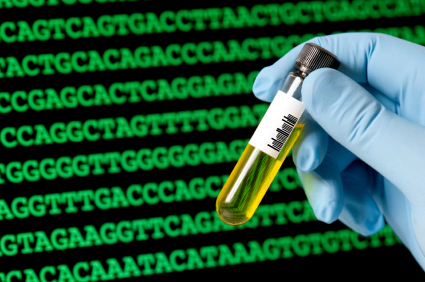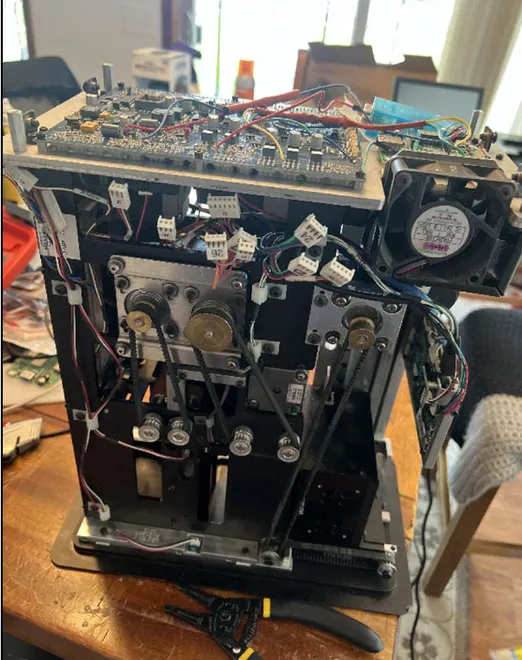 By Danny Fenster
ticklethewire.com
By Danny Fenster
ticklethewire.com
The FBI’s plan to expand the range of genetic markers that generate genetic profiles in their DNA database is bumping up against some criticism from scientists, reports the BBC.
Dr. Bruce Budowle, a former senior scientist for the FBI, who helped create the current set of genetic markers-known as the Codis system-for the agency in the 1990s, says the plan is not being driven by the needs of scientists’. He and colleagues Arthur Eisenberg and Jianye Ge outlined objections at the Promega 22nd Internation Symposium on Human Identification.
Updating standards is a good idea, Budowle, who is now of the University of North Texas Health Science Center at Fort Worth and was involved in the anthrax investigation while at the FBI, told the BBC. But he said it needs to be done with more consultation from scientists to ensure that the right markers are chosen. The FBI has not been properly consulting with the forensic science community, he says, according to the BBC.
Dr Budowle said some of the markers in both the old and new Codis systems used DNA fragments so large that they can be difficult for forensic scientists to detect. The longer fragments can be prone to degradation or only available in small amounts. Even if the longer fragments can be useful, Bodowle told the BBC, degraded DNA or undetected DNA is useless.

“The first time around we took a community-wide approach – 21 laboratories rolling up their sleeves and generating data we could analyse and [use to] make decisions,” Budowle, of the University of North Texas Health Science Center in Fort Worth, told the BBC.
“This time around, they formed a working group of around five [scientists] and an FBI person to decide what the core set should be.
“Should the needs of Codis – our national database system – drive the casework processes, or should the needs of casework drive the Codis processes?
“I would hope the latter is obviously what should be done.”
To read more click here.




